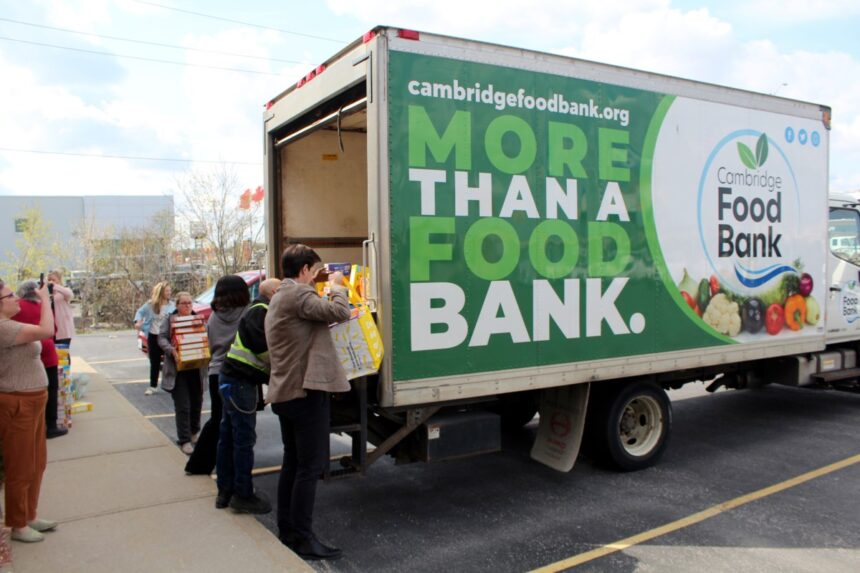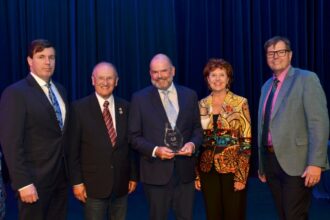As the Cambridge Food Bank prepares to mark its 40th anniversary this year, the organization is turning to the community that has sustained it for four decades to help tell its story through personal testimonials and memories.
The milestone celebration comes at a critical time when food insecurity continues to grow across the region. What began as a modest emergency food distribution service in 1984 has evolved into a vital community resource that now serves over 2,800 households monthly—approximately 6,500 individuals—according to recent statistics from the organization.
“Every person who has walked through our doors has contributed to our story,” said Dianne McLeod, executive director of the Cambridge Food Bank. “We’re looking to collect these personal experiences to showcase how deeply intertwined the food bank has become with the fabric of Cambridge over these 40 years.”
The organization has launched a campaign encouraging former and current clients, volunteers, donors, and community partners to share their stories about how the food bank has touched their lives. These narratives will become part of a commemorative project that captures the human impact behind the statistics.
“Food insecurity doesn’t discriminate,” McLeod noted. “We’ve supported multiple generations of families, and many of our past clients have returned as donors and volunteers. These full-circle journeys represent the true spirit of our community.”
The Cambridge Food Bank has transformed significantly since its inception. Beyond emergency food assistance, the organization now offers educational workshops on nutrition, cooking classes, garden programs, and connections to additional social services. This comprehensive approach addresses not just immediate hunger but the underlying causes of food insecurity.
Longtime volunteer Margaret Stephens remembers the early days: “When I started volunteering in 1992, we operated out of a small church basement. Seeing how we’ve grown while maintaining that sense of dignity and respect for everyone who comes through our doors has been remarkable.”
The anniversary comes during challenging economic times, with food bank usage across Canada reaching record highs. Rising housing costs, inflation, and wage stagnation have pushed many previously stable households into periodic food insecurity.
City councillor Donna Reid, who has supported the food bank for decades, emphasized its importance to Cambridge’s social infrastructure: “The food bank represents the best of our community—people helping people without judgment. Their evolution from emergency response to prevention and education has been visionary.”
The organization plans to compile the collected stories into a digital archive and anniversary publication, with selected narratives featured at a community celebration planned for late autumn.
Community members wishing to share their experiences can submit their stories through the Cambridge Food Bank website, by email, or in person at their Ainslie Street South location.
As the Cambridge Food Bank reflects on four decades of service, the most pressing question remains: In a wealthy nation like Canada, how might we collectively work toward a future where food banks are no longer necessary, while still honoring the critical community connections they’ve fostered?










